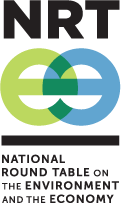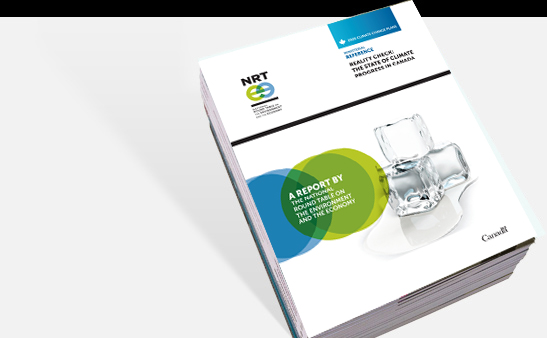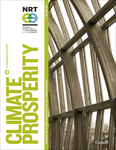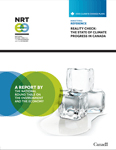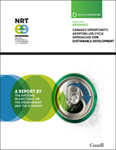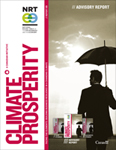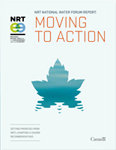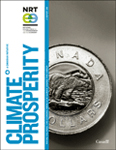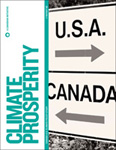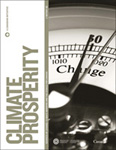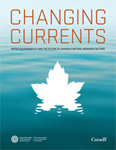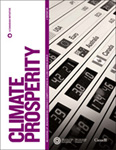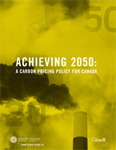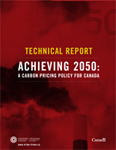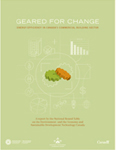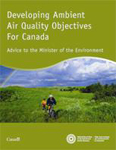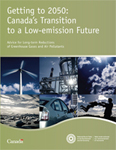7.6 Provincial Summary: Prince Edward Island
Reality Check: The State of Climate Progress in Canada


Emissions profile
Prince Edward Island (PEI) has the lowest number of total emissions in Canada at 1.9 Mt CO2e, and reduced its emissions by 4% from 1990 to 2009. A breakdown of 2009 emissions by source is provided in Figure 35.
Economy-wide measures
PEI has a three-pronged Environment and Energy Policy Series called “Securing Our Future” that includes a 10-point wind energy plan; an energy strategy focusing on conservation and renewables; and its climate plan focusing on reducing GHG emissions, enhancing carbon sinks, improving adaptation, and increasing public awareness.
Emission reductions measures by source
Transportation is the largest emitting activity in PEI, contributing 42% to its total emissions, and having increased 14% since 1990. Over 80% of vehicles in PEI are classified as light-duty. PEI has acted to green its government fleet and has offered rebates for hybrid vehicles.mm Future planning is underway for technology funding, renewable fuel and vehicle efficiency standards, a public transit plan, and public education campaigns. PEI’s Energy Strategy commits the province to introducing a renewable fuel content mandate by 2013 and engaging with neighbouring provinces and states to adopt low-carbon fuel standards.
PEI is committed to replacing thermal electricity that it imports to the province with wind power (see Chapter 3). Given the rural nature of much of the province, the PEI government is evaluating how best to facilitate the development of community-based renewable energy projects in PEI. Further efforts to reduce emissions from stationary energy are being planned through the implementation of new energy efficiency standards and building codes prior to 2018.
Agriculture emissions in the province represent 20% of its GHG emissions. Incentives are offered for the removal of marginal land from agricultural production if it is coupled with approved reforestation programs. The government has committed to promoting the use of reduce tillage management, cover crops, improved manure storage systems, and nutrient management systems to reduce GHGs. Moreover, biomass from agricultural sectors has been identified as available energy sources for biofuel development. The province intends to expand methane biogas capture and used to generate heat for urban and local community district heating systems, thereby displacing fossil fuels.
Provincial evaluation of emissions reduction measures
An annual climate change report is prepared that highlights progress on efforts to reduce GHG emissions provincially and in government operations.
Inter-jurisdictional measures
Prince Edward Island is a member of the New England Governors and Eastern Canadian Premiers (NEG/ECP), and has adopted the shared goal of GHGs reductions of 10% below 1990 levels by 2020.
PEI is also a member of the Atlantic Energy Gateway that fosters the growth of clean and renewable energy supplies in Atlantic Canada and will promote this energy to new markets.183
[mm] Information included in this appendix is sourced from Prince Edward Island Department of Environment Energy and Forestry 2008 unless otherwise indicated.
[182] Environment Canada 2011b
[183] Atlantic Canada Opportunities Agency 2009
